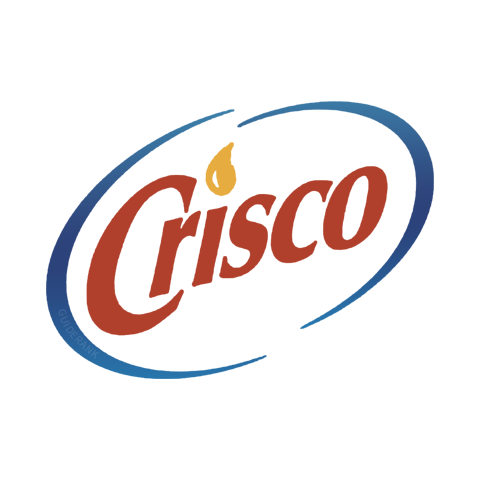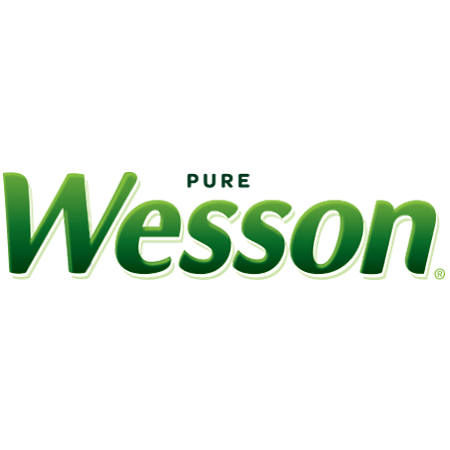Hop Hing Group is very influential in the Hong Kong edible oil market, and Nielsen's 2012-2017 Hong Kong edible oil supermarket retail survey report shows that the sales volume of its brand Lion Ball Mark ranks first in Hong Kong and is deeply loved by Hong Kong consumers. At the same time, Lion Ball Mark is also the winner of "Hong Kong Top 10 Brands", "Hong Kong Super Brands" and "Hong Kong Brand Ten Year Achievement Award".
Since its birth in 1936, Lion Ball Mark has been engaged in the edible oil industry, has more than 80 years of experience in oil production, has the only oil refinery in Hong Kong, and in 1997 also set up a plant in Panyu, Guangzhou to open up the mainland market. This is also the reason why there are domestic versions and Hong Kong versions of Lion ball mark products, the difference is that the Hong Kong plant only has refining and filling equipment, and generally imports crude oil from Europe and the United States for processing; The Panyu plant includes an oil refinery, a fully automated oil mill, a mixing and bottling plant, a large oil storage depot and a dedicated wharf, which uses fresh raw materials to produce vegetable oil, such as canola oil, with an annual output of 150,000 tons of refined oil, and its production capacity is stronger than that of the Hong Kong plant. However, there is not much difference in the quality of the products between the two factories, and consumers do not have to go overly after products imported from Hong Kong when purchasing.
Under the halo of Nissin Oliyo, knife mark, Duoli and other brands, the performance of the lion ball mark in all aspects is not too outstanding, the processing technology adopts the leaching method, the canola oil produced is light and shiny in color, the smoke point reaches 230 °C, the smoke point is the lowest temperature at which the heated oil begins to produce smoke, many kitchen novices think that the stir-fry should wait for the oil to smoke before putting the dish, but the oil temperature at this time is already very high, most of the heat-sensitive nutrients in the food have been lost, and the probability of inhaling the oil smoke will be increased. In fact, the "hot oil" is generally placed about 5 cm away from the oil pan by hand, and the heat can be felt before stir-frying. Oils with high smoke points are less likely to smoke and can be better used in high-temperature cooking methods such as frying and stir-frying, such as lion ball canola oil, but the taste is light, if you are used to the unique flavor of peanut oil, you may not like it very much, you can try to use it as a light dish such as stir-fried greens and cold tofu.
The Hong Kong version of lionball canola oil is divided into pure canola oil and DHA canola oil, the former is the basic model, and the latter adds DHA algal oil, claiming that "each serving contains 200ppm DHA", that is, 200mg of DHA per 1kg, this content is really minimal, and most of the DHA has lost its activity after high-temperature cooking, which is difficult to help human health. If you want to supplement DHA, it is recommended to eat more EPA and DHA-rich fish, such as salmon, sardines, etc., and it is best to use steaming to consume more than 340g per week.
In terms of specifications, Lion Ball Mark domestic canola oil only has a specification of 3L, which is very suitable for frequent fried food, and the e-commerce price is about 64 yuan. Users who cook less frequently or use less oil can choose canola oil made in Hong Kong, both of which are available in 900ml packs, with a price of between 15-25 yuan, and about 3 months' supply. Of course, pure canola oil is also available in 2L and 3L packs, which are suitable for hotels, restaurants, etc.
- Related rankings
-
- rice
- mayonnaise
- Vermicelli
- soy sauce
- monosodium glutamate
- Fish sauce
- vermicelli
- rolled oats
- ketchup
- marmalade
- oyster sauce
- Chili sauce
- cooking oil
- Essence of chicken/chicken powder
- Frozen food
- Olive oil extra virgin
- Wine
- condiments
- curry
- caviar
- Frozen dumplings
- Hot pot base
- Sesame oil
- peanut butter
- Tofu
- Pasta
- Instant rice
- Self-heating rice
- Snail flour
- Vinegar
- Balsamic vinegar
- vinegar
- Convenient hot pot
- Bean paste
- flour








